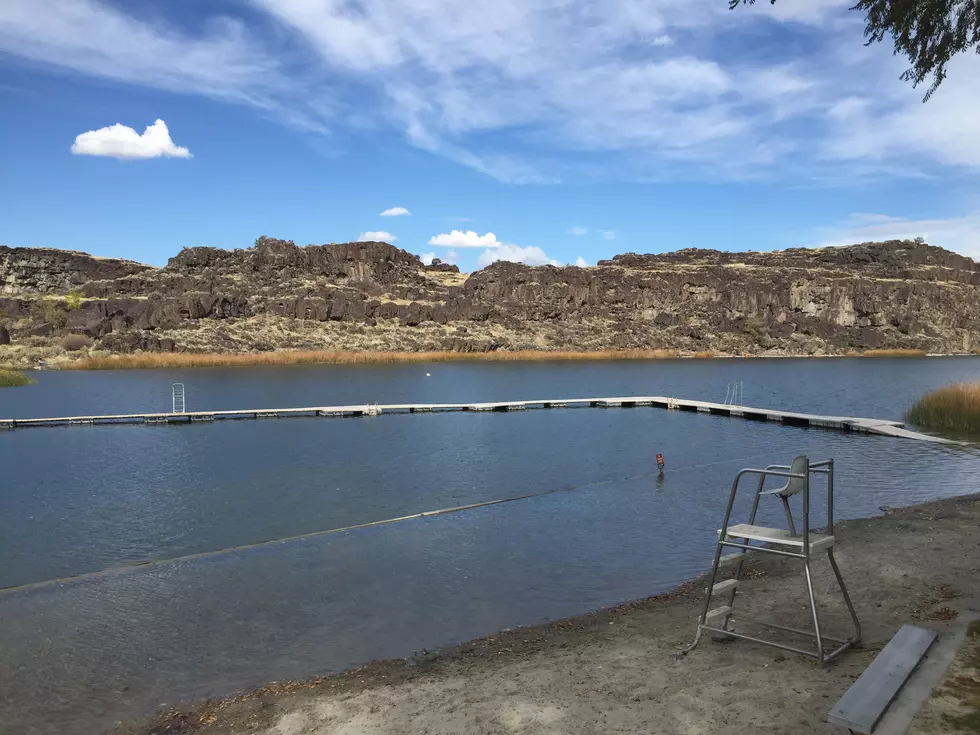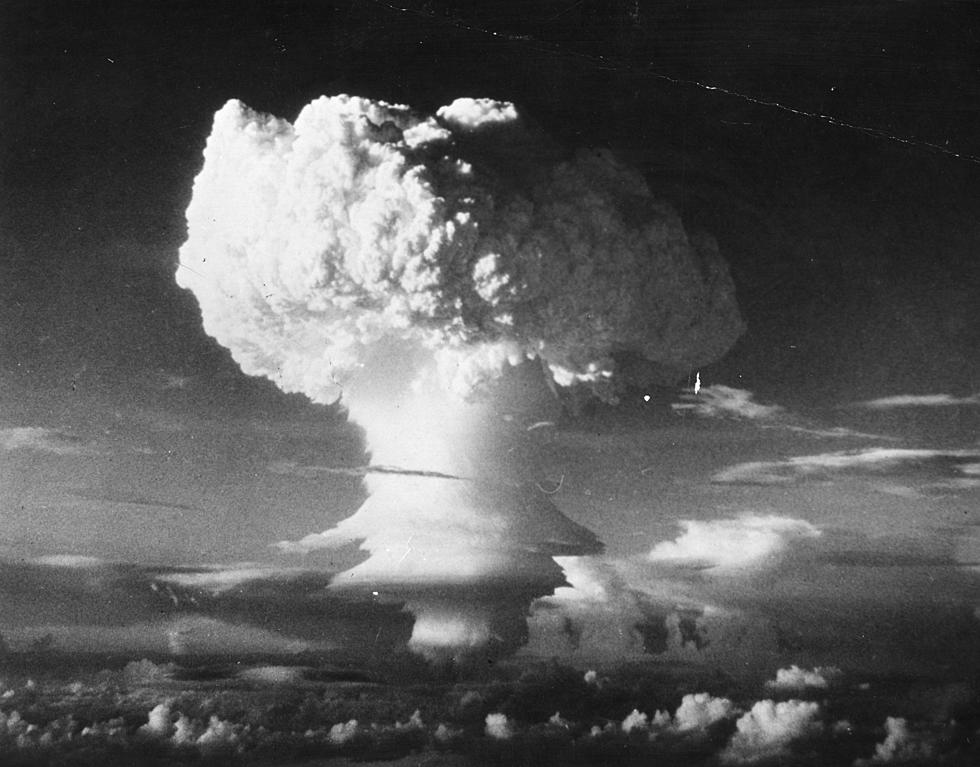
US Senate panel takes up what to do with nuclear waste
ALBUQUERQUE, N.M. (AP) — It's been more than a decade since the U.S. government was supposed to begin moving spent nuclear fuel that has been piling up at dozens of commercial reactors around the country to a repository in the Nevada desert.
The Obama administration halted development of a proposed long-term storage site at Yucca Mountain, and the federal government is no closer to finding a solution to what to do with the high-level waste. Resistance is strong in Nevada, and temporary storage options in New Mexico and Texas face their own hurdles.
U.S. Sen. Lisa Murkowski, chairwoman of the Senate energy and natural resources committee, said Thursday that the failure of the federal government to move ahead is costing taxpayers more than $2 million a day and the liabilities from leaving the waste where it is will only increase.
"Our effort will be to defy the skeptics and change the status quo, which quite honestly has been going on for far too long," the Alaska Republican said. "We've got an obligation."
She led a hearing Thursday in which scientists, environmentalists and officials with the Nuclear Energy Institute testified on legislation aimed at ending the decades-old stalemate.
While the legislation is similar to past proposals, Murkowski said it's meant to get talks going again.
Industry officials say the path forward needs to include both interim storage options and plans for permanent disposal.
The Trump administration has moved to restart the licensing process for Yucca Mountain despite concerns in Nevada.
Private companies also have applied for licenses to open temporary storage facilities in New Mexico and West Texas. Those proposals face opposition from an unlikely coalition that includes high-ranking Democrats in New Mexico, oil and gas developers in the booming Permian Basin, ranchers and environmentalists.
Environmentalists say a process is needed to ensure communities agree to accept the waste, which would have to be intertwined with shared regulatory responsibility among the federal government and states.
Geoffrey Fettus, a senior attorney with the Natural Resources Defense Council, told the senators that existing federal laws treat radioactive waste as a "privileged pollutant," exempting it from the regulatory authority of the U.S. Environmental Protection Agency and states. That, he said, has left states wary of accepting such waste.
"State consent and public acceptance of potential repository sites will never be willingly granted unless and until power on how, when and where waste is disposed of is shared rather than decided simply by federal fiat," he said.
U.S. Sen. Catherine Cortez Masto, a Nevada Democrat, said her state wants a voice in the process and that the legislation needs to be updated to allow for states to weigh in on whether they're willing to accept any waste.
She also raised concerns about the safety of Yucca Mountain, saying lawmakers need to consider other options and new storage technology.
About 80,000 metric tons of spent nuclear fuel generated by commercial reactors is stored around the nation, according to the U.S. Government Accountability Office. That number will grow as nuclear power plants keep operating.
Nuclear power generates about 20% of the nation's electricity and represents more than half of its carbon-free sources, said John Wagner, who oversees the nuclear science and technology directorate at Idaho National Laboratory.
Wagner testified that uncertainty surrounding the waste could compromise the potential for more advanced nuclear reactors to play a role in generating electricity and reducing harmful emissions in the future.
U.S. Sen. Joe Manchin, a West Virginia Democrat, said nuclear power will be key in addressing the climate crisis and that he's confident scientists at the national labs and their partners can solve issues related to whatever storage sites are ultimately chosen.
"What Congress should focus on are the mechanisms that can drive buy-in from communities," he said.
By SUSAN MONTOYA BRYAN Associated Press
More From News Radio 1310 KLIX









